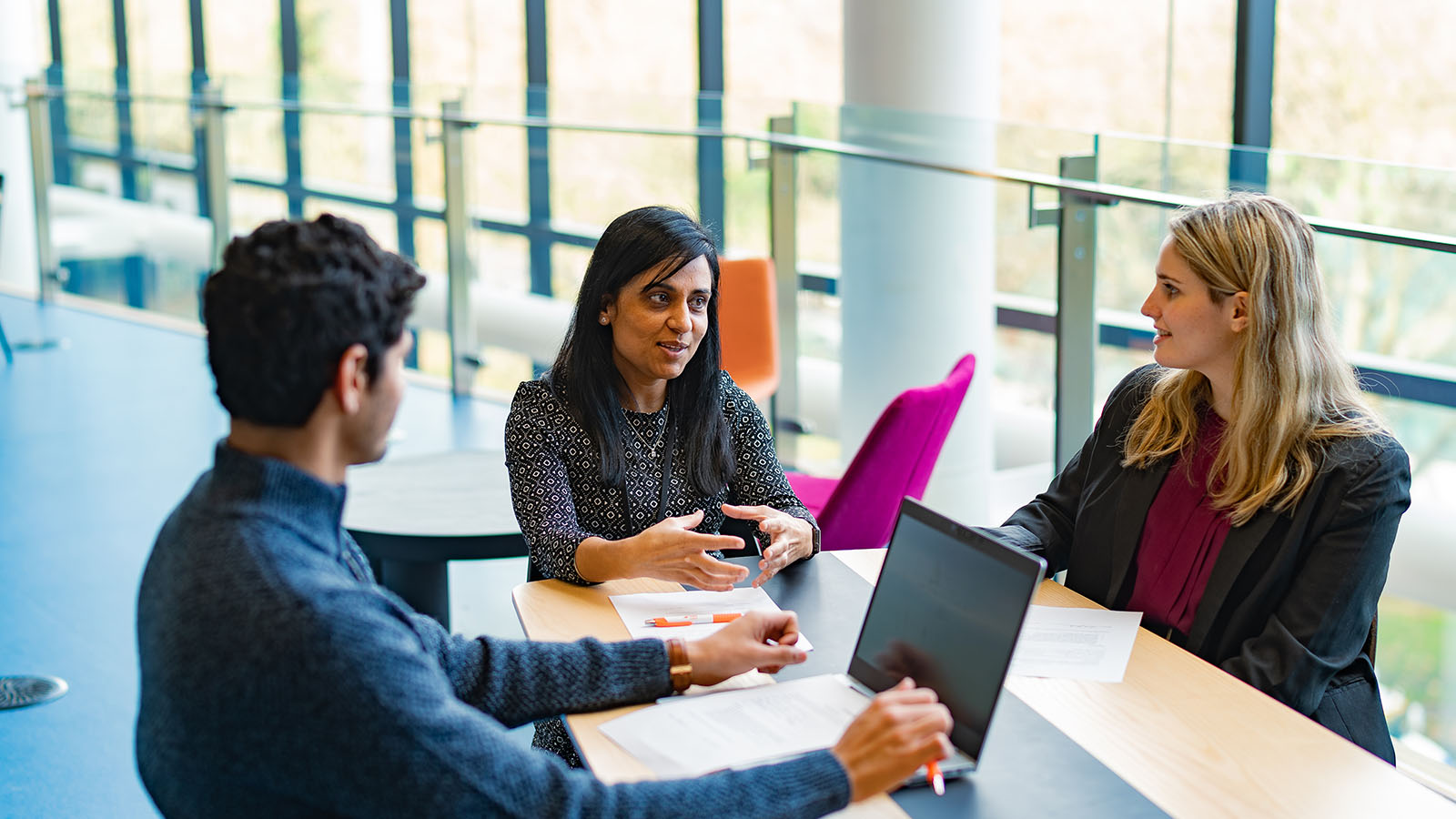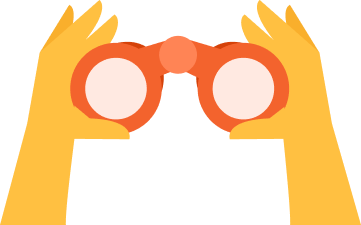Careers advice
Meet the new boss: Top tips to nail a modern job interview in Aotearoa
Here's what a modern interview process might look like, and how you can nail it.
Getting prepared
Make sure you prepare well for the interview, but try not to come across over-rehearsed.
The actual interview
Other articles you might like





